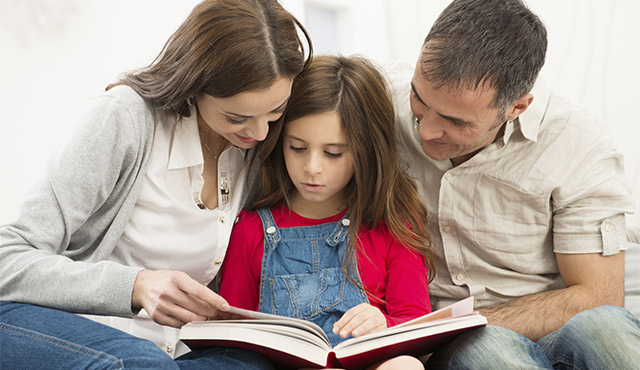Receiving the Sacrament of Reconciliation for the first time can be overwhelming for a 7-year-old child.
There’s entering the confessional for the first time, then remembering the right words to say once inside before making the actual confession.
But the act of confession doesn’t have to be an intimidating or scary experience, says Fr. Gerald M. Horan, vicar for Faith Formation for the Diocese of Orange.
“Some children don’t understand the concept of a ‘penance,’” Horan says. “I usually tell the children that it’s like ‘homework’ from reconciliation; it’s something special we do to make God happy and to show him that we really meant it when we said we were sorry.”
Some children get nervous and worried, but they need to know that the priest/confessor is there to help them and to speak God’s words to them, Horan says.
“He’s on their side,” he adds. “But some children have not had many conversations alone with adults, so they get nervous or anxious or even cry. They need to know that confession/reconciliation is a reason for happiness and joy, not worry or fear.”
Traditionally children are ready for the sacrament of reconciliation when they have reached “the age of reason,” Horan explains. While there have been a lot of opinions about what that age really is, a child’s first confession is usually celebrated a few months before one’s first communion, typically in the spring of second or third grade, when a child reaches the age of 7 or 8.
“Many churches are leaning toward the older age because the children are slightly more mature and it allows us a longer time for preparation,” he says.
Most parishes require a two-year preparatory or catechetical period, and in many cases, the actual sacramental preparation is done by the parents in a home or family situation. In those cases, parents are provided with materials and lesson plans which cover hurt and sin, and forgiveness and love, Horan says. Children are also registered in faith formation classes at their parish. In the classes students learn about God, His creation, His love for all, Jesus and a basic understanding of the Bible, Church and sacraments, Horan says.
Parents should teach children a few basic prayers, particularly the “Our Father” and the “Act of Contrition,” which are part of the rite. They also may want to consider role-playing the experience to help children feel comfortable with the format and words of the sacrament.
“[It’s] important to teach children how to approach the sacrament and what to say,” Horan says. “Many children come to confession but don’t know the format of the ritual. They will be less afraid if we help them to be ready and they know what to say.”
The key to helping children understand the significance of the Sacrament of Reconciliation is to let them know that God’s love is bigger than their sins, Horan says.
“They should be filled with an immense joy that God can forgive them, set the clock back to zero and give them a fresh start,” he says. “That’s different than the way that the world solves problems and conflict. Rather than fight or reject or abandon our relations, God wants to reconcile and try again. That’s why he gives forgiveness and offers us the grace which helps us to make better choices the next time we might face a challenging situation or sinful temptation.”

